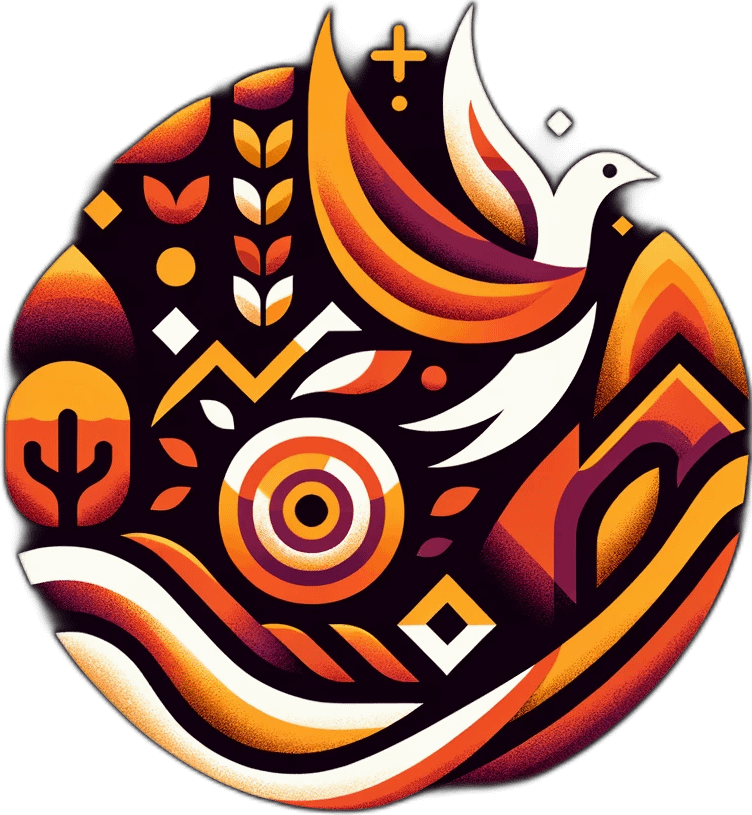The 22nd of March is World Water Day.
This is a day to recognise that more than 2.2 billion people across the world do not have access to safe water and that water is a human right.
Water is a vital part of life for the Karen in many ways, from its need in farming, its impact on health and its impact on the environment, it both limits and helps the Karen continue their lives.
Why do the Karen suffer from water poverty?
Many villages are very remote and lack infrastructure to provide water all year round Many water sources are far away, meaning the Karen must transport water in bamboo or plastic containers dailyWater sources are becoming increasingly polluted, this can mean sediment, bacteria and even chemical run off from farmsClimate change is drying up water sources and extreme rain and flooding further pollutes and impacts access to currently used sources The villages that have government systems report that these are old, broken and linked to water sources that do not provide enough water
How does KHT help to end water poverty?
KHT’s WASH system ensures that remote and marginalised Karen communities are given access to more water and cleaner water. Many villages cannot afford to build a WASH system without our help and must use water sources close by or rely on old and barely functioning government systems.
KHT works with the community to:
Provide all the materials and expertise to build a water system and latrines Constructs the system with the help of the villages by connecting an adequate water source to the village Provide filtration to remove sediment and also to remove harmful microorganisms Provides hygiene training for the village Sets up and empowers a Water Committee to support the ongoing maintenance and efficacy of the system for many years
We had to bring water using bamboo sticks and it would take an hour a day. Sometimes people would have to queue at the river as so many people were collecting water. Some people don’t have cars so they would struggle to bring heavy containers back. The water would be dirty and we would get sick more. This has changed now we have the KHT system!
– resident of Ban Eh Vee Jo
What difference do our systems make?
KHT’s last evaluation on our water programme found that not only were our WASH systems very well received and appreciated by the villages, they also had a significant impact on improving the health of the village.
From a sample of 13 villages, our research found:
The amount of time needed to collect water fell from an average of 30 mins per day to zeroThe availability of water during the dry season went from never to 93% of the time Cases of diarrhoea dramatically fell in adults and children Adults and children both missed fewer days of work and school after the system was put in place Access to household latrines increased and people were no longer using the forest to relieve themselves Hygiene knowledge and condition/cleanliness of latrines had improved
Visiting even older projects, it is clear that the WASH system is greatly valued by the villages. They work together to maintain it and they all reported how much easier their lives where having access to water they felt was safer and also adequate for all their needs, even in the dry season when they would struggle.
– Director, KHT
On World Water day we reaffirm our commitment to the Karen people and helping them end water poverty. Water not only is a human right but it is vital in creating peaceful, healthy societies and better futures. Better health and dignity are two of the most important reasons to ensure people have enough water.
You can help us continue our work by donating today!
The post What is World Water Day? appeared first on Karen Hilltribes Trust.

